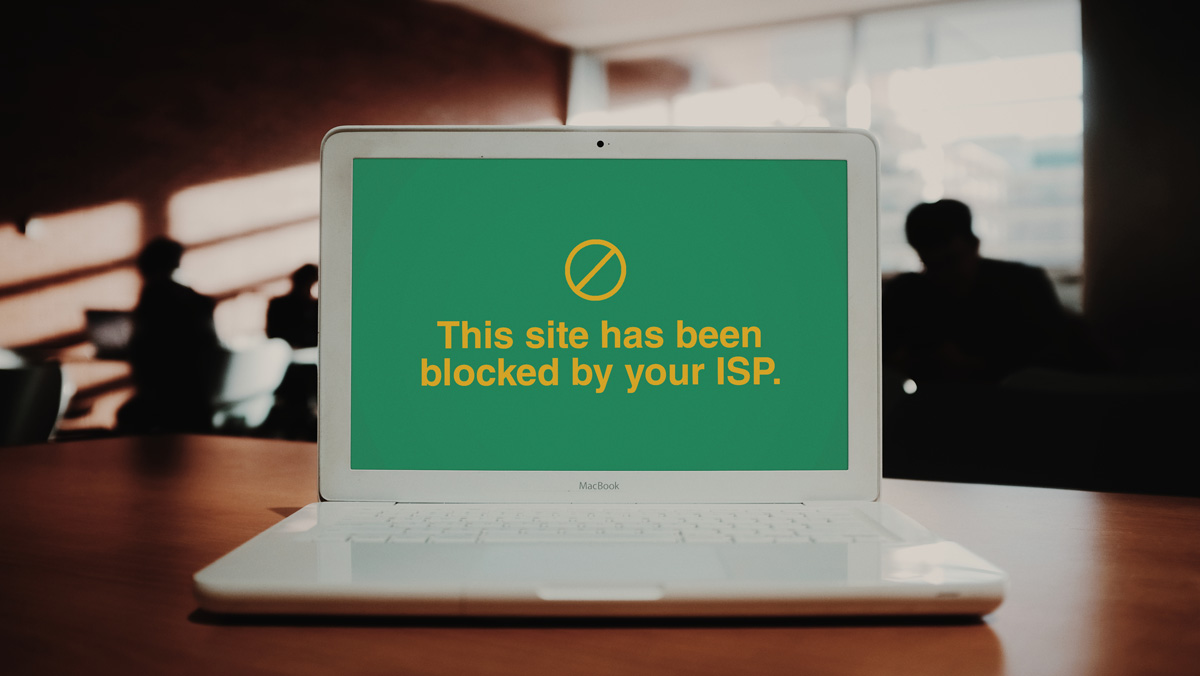Neutering net neutrality: What every U of A student should know
 Shane Labelle
Shane LabelleThe internet is the most powerful and pervasive force of the 21st century. Since its conception almost 30 years ago, the internet has been nothing short of a life force for millions of individuals across the globe. Providing a multitude of services it also encourages innovation and plays an instrumental role in our everyday lives. It’s no surprise that the internet was up in arms when the Federal Communications Commission (FCC), on a controversial 3-2 vote, decided to repeal Obama-era telecommunications regulations.
The FCC oversees all regulation concerning communications by radio, television, wire, satellite, and cable across the United States. The Title 2 net neutrality regulations established under President Obama ensured that all data on the internet was treated equally; everyone could access all online content at the same speed. The problem that arises when these regulations are repealed is that Internet Service Providers (ISPs), like Comcast or Verizon, can now throttle services to benefit their own business interests.
Ironically, the justification for the recent vote is current regulation harms competition, reduces investment in broadband expansion, and favours content creators such as Netflix over ISPs like Comcast, despite evidence pointing to the contrary.
ISPs often maintain an insidious conflict of interest when providing internet to consumers. What happens if you have a company that is both a network owner and a content creator? For example, AT&T owns Internet TV service DirecTV, and is no stranger to discriminating internet data usage. In 2016 AT&T users were provided free data for using DirecTV but were charged for using data from competing services. This favouritism is likely to permeate most ISPs, as the nature of network companies, which are typically oligopolies or monopolies, are to maximize profit often at the expense of consumers and business.
Previous regulation allowed the FCC the ability to investigate specific ISP activity, and decide if it harmed consumers or competition. Repealing this regulation is problematic for several reasons. Firstly, it hinders competition and innovation. If an ISP chooses to discriminate data price or speed for some services, competitors are unfairly disadvantaged with a lack of alternatives due to the nature of ISPs maintaining monopolies or oligopolies in most regions. This impedes competition by making it impossible for new and existing enterprise to succeed in the market, hampering the intrinsic benefits to equitable competition and the innovation that it generates.
The second is consumer choice. When ISPs can legally discriminate against data, consumers are coerced to select services that ISPs favour. This is because the options ISPs favour will have significantly cheaper data costs and be more accessible than alternatives. Lack of competition and the monopolistic presence of ISPs means this is unlikely to change. The meager solution the FCC has provided is that ISPs will be required to disclose blocking or paid prioritization to the public. It seems the FCC cannot be bothered hold ISPs accountable — or are actively choosing not to.
Lastly, the FCC claims that due to regulation preventing ISPs providing preferential treatment to some services, investment in broadband expansion is hindered. However, evidence shows that regulation has not affected aggregate industry investment, with many companies actually increasing investment in broadband expansion since 2015.
Net neutrality has always existed. It was first pioneered in the 1970s to prevent the perverse incentives of an emerging national AT&T monopoly. The most recent Title 2 regulations were created under the Democrat Majority FCC in 2015 because ISPs blackmailed and throttled companies such as Netflix for additional profit. ISPs should not be able to interfere with the public domain and legally discriminate data at the expense of the general populous. Net neutrality is integral to upholding an internet free from manipulation, and monopolistic companies should not be able to dictate how you use this utility.
The internet will continue to exist, but this recent decision absolutely jeopardizes any notion of an open, fast, and fair internet. The three republican members of the FCC have proved they are loyal to companies such as Comcast and Verizon rather than the American People. The actions taken by the FCC are an affront to internet freedom, and nothing less than a smear on the face of democracy.




